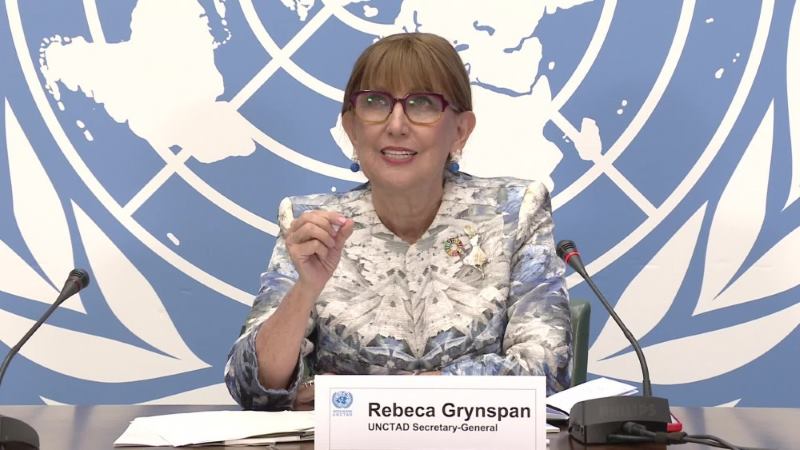Economy
Global Challenge The Uncertainty of Inflation’s Decline
Global challenge: The decline from inflationary peaks, once viewed with optimism, is now fraught with uncertainty. Central banks have adjusted their strategies, facing challenges akin to climbers navigating steep terrain. What was anticipated as a smooth descent in interest rates has become a trek across plateaus and abrupt cliffs, with inflation showing persistent resistance to complete eradication.
Divergences in Global Monetary Policies
The robust economic performance of the United States has forced central banks worldwide to adopt divergent policy paths. The dominance of the dollar exacerbates this situation, complicating global monetary coordination. Emerging markets like Brazil face unique struggles, with high inflation driving further rate hikes, while developed nations contend with persistently elevated rates compared to pre-pandemic levels.
Trump’s Proposals and Their Inflationary Impact
The possibility of a Trump presidency brings economic proposals, such as heavy tariffs on Mexican imports, which could reignite inflationary pressures. These measures have already impacted currencies like the peso and raise concerns about global trade. Central banks must balance their approaches amidst growing geopolitical and fiscal uncertainty.

Global Central Bank U.S. Fed Economic Data and Global Rate Decisions
This week marks a pivotal moment for global central bank financial markets, with several central making important rate decisions. The U.S…
Contrasting Approaches in Developed Economies
Despite significant reductions in inflation, rates in developed economies remain stubbornly high. The Federal Reserve’s measured cuts contrast with countries like Canada and Switzerland, which eased their rates more swiftly, while Japan broke away from its negative-rate stance. These differences reflect the nuanced challenges each economy faces.
Emerging Markets: Progress and Obstacles
Emerging market central banks initially gained traction with preemptive measures but now see their progress stalling. Recent rate hikes in Brazil illustrate the struggle to manage inflation and exchange rate volatility, highlighting the difficulty of maintaining momentum under such volatile conditions.
Fiscal Deficits and Political Stability in Europe
Fiscal deficits and political instability in nations like Germany and France further complicate central banks’ efforts. In the United States, debates over tariffs and robust growth fuel inflationary concerns, underscoring the need for vigilance in policymaking.
Cautious Optimism for 2025
Despite setbacks, central banks have made notable progress in controlling inflation throughout 2024. While the descent remains precarious, the absence of major monetary accidents and stabilization in some regions suggest cautious optimism as 2025 approaches.


